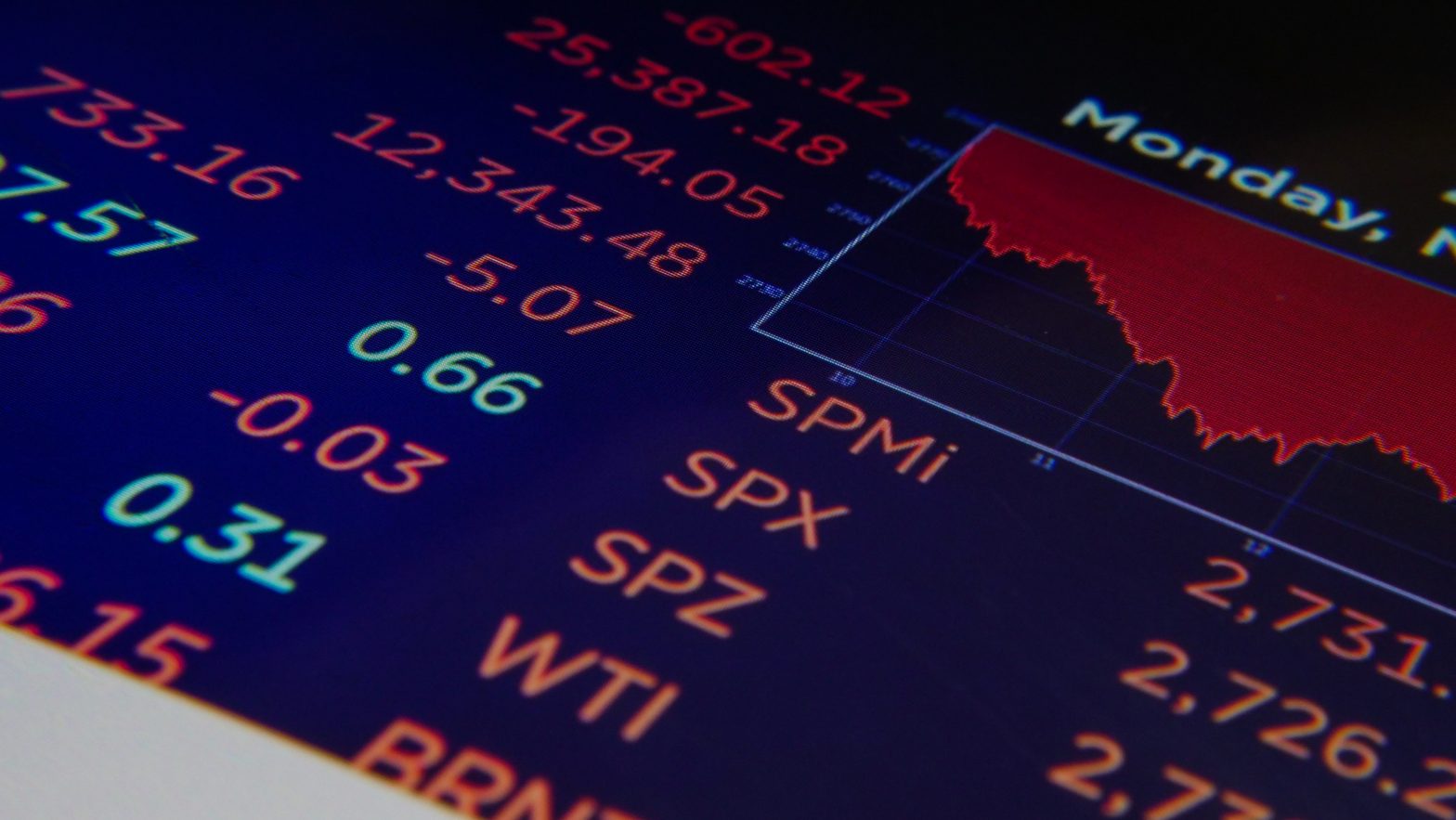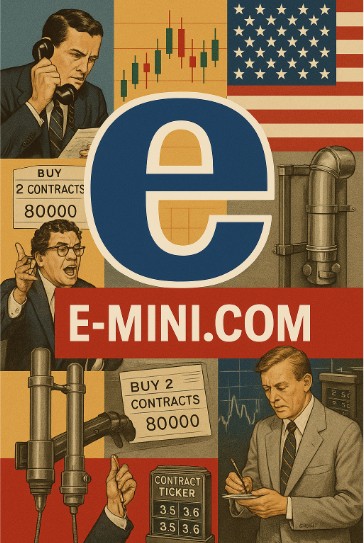Key Points:
- Index Futures are futures contracts that allow traders to buy or sell a futures contract based on a financial index at a predetermined price and future date.
- Traders use index futures to hedge and speculate on the direction of the market.
- Profits are determined by the difference between entry and exit prices of the contract. The same with losses if the market moves against the position taken.
- Index futures require only a small amount of the contract’s value held in margin accounts, as opposed to full payment for stocks.
- Equity index futures can serve as a hedging tool, while speculators can bet on direction of an underlying index.
- Commodity futures differ from index futures in that commodity contracts require physical delivery of goods at expiry; whereas index contracts are cash-settled.
- Index futures trading is neither riskier nor less risky than stock trading; risk comes from speculative positions taken using leverage; the bigger the leverage, the higher the risk.
A stock index future is a derivative financial instrument that allows investors to speculate on the direction of a particular stock market index. It is an agreement between the buyer and seller, where the seller agrees to buy or sell at a certain price in the future. The buyer and seller are not required to actually buy or sell the stocks; instead, they are simply entering into an agreement that will be settled at a later date. This type of trading can be highly lucrative, but it requires a great deal of knowledge and experience in order to succeed.
What Is a Stock Index?
A stock index is an index that tracks the performance of multiple stocks in one market sector or region. For example, the S&P 500 is an index that tracks the performance of 500 large-cap US companies. Other popular stock indexes include the Dow Jones Industrial Average (DJIA), NASDAQ Composite, Russell 2000, and Wilshire 5000. These indexes help investors gain insight into how certain markets are performing as well as giving them an idea about what direction those markets may move in.
How Do Stock Index Futures Work?
When trading stock index futures, investors agree to buy or sell a certain number of contracts at a predetermined price on or before a set expiration date. For instance, if you think that the S&P 500 will go up by 5% over the next month, you can buy “S&P 500 futures” with an expiration date in one month’s time. If your prediction comes true and the S&P 500 increases by 5%, then you will be able to sell your futures with a 5% gain on your initial investment. Conversely, if you believe that the S&P 500 will go down by 5%, you could short sell “S&P 500 futures” with an expiration date in one month’s time and make money if your prediction comes true.
Investing in stock index futures carries both risks and rewards. On one hand, these types of investments can offer potential returns far greater than traditional investing strategies such as buying individual stocks or bonds; however, there is also significant risk involved because these investments are based on speculation rather than actual underlying assets such as physical commodities or hard assets like real estate properties. As such, any investment made through stock index futures must be carefully researched and monitored in order to ensure success. Additionally, it is important to remember that when trading stock index futures contracts there may be additional fees associated with rolling over existing contracts into new ones or closing out existing positions — so these costs should always be taken into consideration when making investment decisions related to stock index futures contracts.
Stock index futures provide day traders with a great way to speculate on different markets without having to physically purchase any underlying assets—which makes them attractive investments for those looking for quicker gains than traditional investing strategies typically offer. However, it is important for traders to understand both the risks and rewards involved when trading stock indexes before engaging in this type of activity. Investing wisely through careful research and monitoring can help lead to potentially profitable returns from stock index futures investing.




